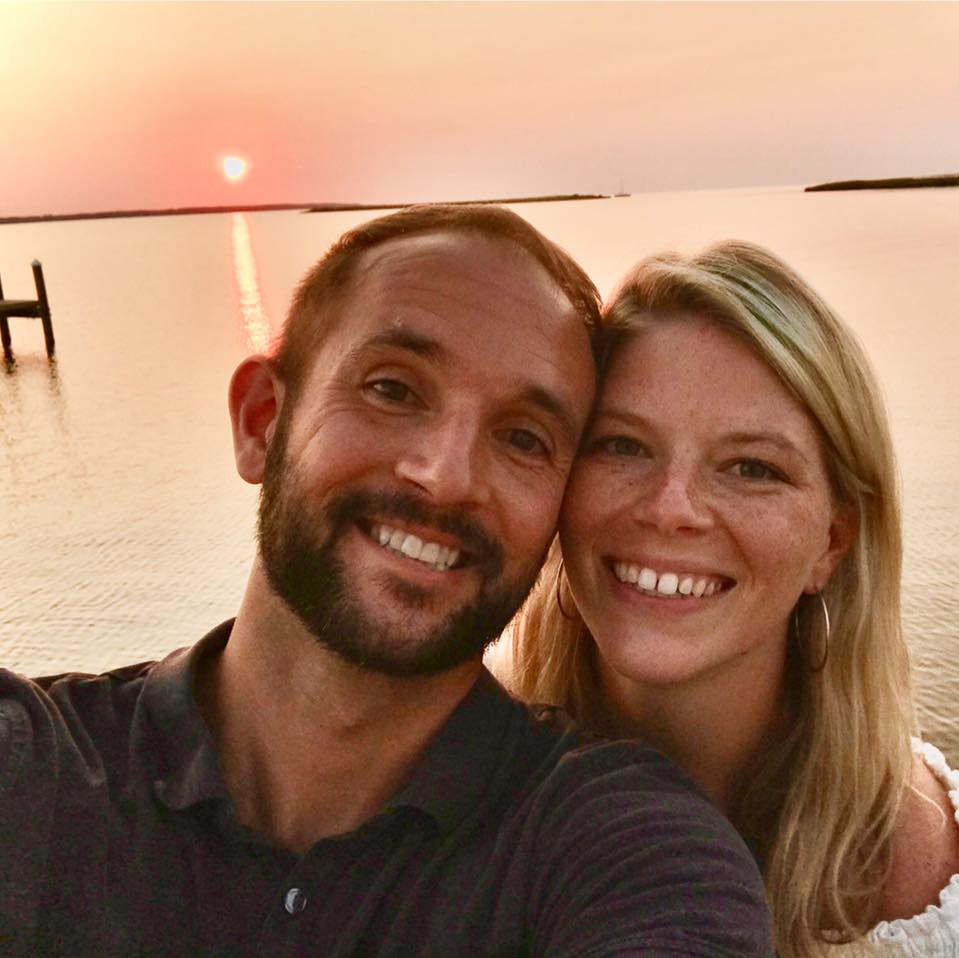In this article, we will continue our series on living as exiles by exploring how this specifically applies to those who are in a minority population. Understanding minority identity as a Jesus follower is so important. If you haven’t read the first two articles, I encourage you to check them out, as well (Exiled In the Culture and Exiled in Your Own Body).
While I live the exiled life as a Christian, I do so as a white male in the upper-middle class. I’m definitely more a part of the majority culture in America than my minority brothers and sisters in Christ. So for this article, I’m relying heavily on conversations I’ve had with friends who are African American and Latino about their experiences. But the principles can apply to anyone who is not “at home” in the majority culture.
Minority Identity As a Christian
Recently a friend shared his frustration as a Latino man going to an almost all-white church. He felt like he had to “talk and act white” in order to fit in. He started associating Christianity with becoming more white. He stopped relating as much to his Latino brothers and sisters and felt like an exile from his own heritage.
His assimilation to white Christianity led to guilt and ‘homelessness,’ because he also never felt fully a part of white culture either. He said there can be a tendency amongst minority populations to band together, ignore the majority white culture, even in the Church. And at times, they can even become hostile towards white Christian culture.
Neither assimilation, nor rejection, of white culture is helpful or biblical. So what should minority Christians do?
Double-Exiled
Everyone longs to feel at home, like they belong somewhere. Maybe you already feel like an exile in white culture because of racism and micro-aggressions, but then you became a Christian and now you’re double-exiled. You’re living as a minority amongst a cultural majority, and also as a citizen of Heaven on Earth.
This sounds unbearable, but being double-exiled can actually push you further towards Christ, your true home. Being a citizen of Heaven frees you from trying so hard to find your place here on Earth, either among a majority or minority culture.
When you live as a double-exile, it becomes clear that no amount of racial justice on Earth will ultimately bring you home. So we keep pursuing racial justice and equality in society, but not in order to feel more “at home” on earth. We do it because a fair society reflects the Kingdom of God that is coming when Jesus returns.
Your Ethnicity is Not Your Identity
Your identity is where your worth is found, and it doesn’t come from your ethnicity. It comes from being made in God’s image and from Christ’s righteousness alone. You are neither more or less worthy of value and dignity as a result of being a minority. If you’re in Christ, your identity has been lifted up away from this world and placed squarely into Heaven. As an exile here on Earth, all your characteristics become secondary when compared to your identity In Christ. This ushers you into the reality of God’s Kingdom that gives you real value with several implications:
- You belong to a kingdom where everyone is loved and valued in Christ. This kingdom does not suppress your culture’s uniqueness like ours often does, but celebrates it as we all worship Jesus in our unique ways (Revelation 7:9). Our unity in Jesus allows us to celebrate our diversity of cultures and ethnicities.
- You will one day be a king on this earth, reigning alongside Christ and all other Christians (Romans 8:17, 2 Tim 2:12, Rev 22:5). Every Christian becomes a son of the King, and no amount of cultural persecution changes that reality. This truth can give you strength to better endure the injustices and discrimination you experience in this temporary world before Christ returns.
- Jesus himself was a minority (living in Roman society), and was rejected by his own minority group (the Jews). He was killed by the Jews and the Romans on the cross. So when you experience persecution from the cultural majority, or even from your own minority group, you are experiencing more of what Christ experienced. You become more like Him in your exile.
- God has a special concern for cultural minorities, and He has prioritized helping them throughout the Bible (Exodus 2:25, Leviticus 19:34, Isaiah 61:1). He sees you, and He knows.
Assimilate, Retreat, or Bless?
Minorities are pressured by many to assimilate to the majority white culture, thus destroying their minority identity all together; or to retreat and only interact with people like them to preserve their minority identity only.
Yet, according to the Bible, minorities should not have to do either. They can do the same thing that all exiles are supposed to do in their “cities:” bless and pray for the culture while maintaining their own cultural identity (Jeremiah 29:7).
Living biblically DOES involve a set of cultural expectations. But we must be careful to discern what parts of our Christian culture have flowed from the Bible and which ones we’ve inserted from our own ethnic or cultural backgrounds.
The only assimilation we should be doing as Christians is becoming more like Christ, not more like black, white, Latino, Asian, or any other culture’s expression of Christianity. Where different cultures become like Christ in different ways, we should learn from and rejoice with one another.
A Canvas With Many Colors
“After this I looked, and there before me was a great multitude that no one could count, from every nation, tribe, people and language, standing before the throne and before the Lamb. They were wearing white robes and were holding palm branches in their hands.”
Revelation 7:9
This is what Heaven will look like! Our mission as the Church is to reflect that future reality by how we live right now. We bring our diversity of ethnicities, cultures, languages, and colors equally before Christ, and worship Him together. We celebrate our differences as representing the complex beauty of God.
We need to work together as the Church to reflect the full beauty of the Kingdom of Heaven. If we find ourselves more comforted by people who look, talk, and act like ourselves than we do among people who are fellow citizens of heaven, something has gone wrong. Our shared exilic challenges should always outweigh the unity we feel with non-believing members of our same ethnicity.
Imagine a church like this: people who don’t feel ‘at home’ throughout the week, all in different ethnicities and cultural backgrounds, slaving away at their jobs, who feel exhausted living in a foreign culture, but who press on because of their citizenship of Heaven. Then, finally comes Sunday morning when they gather together as exiles, united by nothing more than their sense of homelessness here on Earth. They haven’t given up their minority identity or majority identity. But their exile unites them. Together they worship a King that is not yet here. They listen to one another’s experiences of feeling “not at home” in various ways. And they strengthen one another for the next week ahead.
That is what living as an exile looks like. That is what we long for. Can we long for this together?
Special thanks to Jose, Brandon, Victoria, Ashley, Bryttany, and Tia for their help in writing this.

Author: Jason Pelletier
Jason is a physical therapist living in Roanoke with his wife Taryn, hyper dog Piper, and needy cat Remy. They joined Redemption Church because of their heart for church planting and their passion for seeing Gods mission fulfilled in Roanoke.
